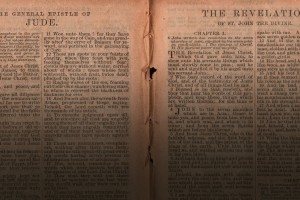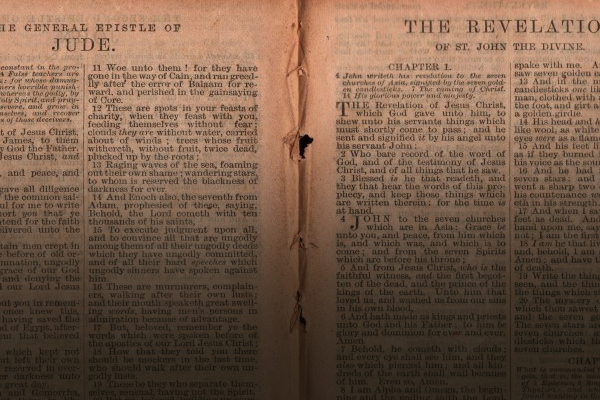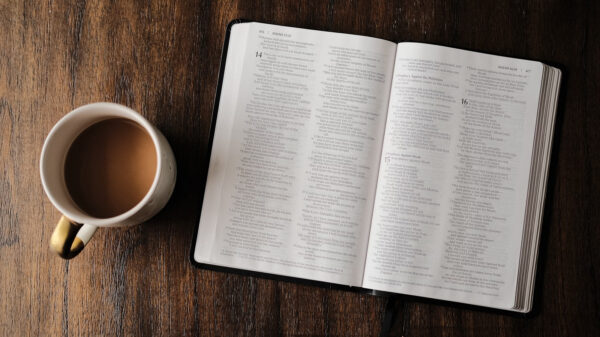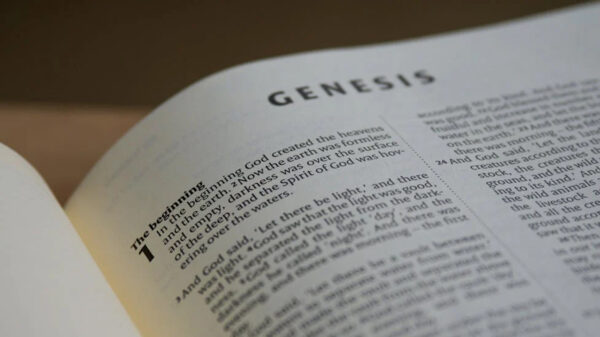
“Do not automatically reject testimony just because of inconsistencies or conflicts. Consider whether the differences are important or not. People sometimes honestly forget things or make mistakes about what they remember. Also, two people may witness the same event yet see or hear it differently” (Section 105, Judicial Council of California Criminal Jury Instructions, 2006).
If a witness is found to be mistaken about a small portion of his or her testimony (and especially if a witness is found to be lying about something) jurors must take the time to examine the witness’ motive. A witness might lie about some small aspect of their testimony if it is personally embarrassing, for example, but then testify accurately about everything else. Jurors have the discretion to sort through such issues and decide for themselves; if a jury decides that a witness has an understandable reason to modify a small portion of his or her testimony, they can isolate this information and still consider the rest of the testimony reliable.
This same approach can be taken with the Biblical texts we have today. It’s clear that there are a number of scribal variations in the manuscripts we have collected from antiquity; there are places where scribes have either inadvertently (or intentionally) altered single words or phrases in the text. To be clear, these changes are incredibly minor, given the size of the text, and none of them threaten the historical or theological claims of Christianity. Most of us can forgive an inadvertent mistake on the part of the scribe, but how are we to treat those variants that seem to be the result of intentional alteration? Well, we begin by looking for the reasons a scribe might change a word or phrase:
Scribes Want to Correspond
There are some places in the manuscript where scribes have inserted something in an effort to support and correspond a concept that is found elsewhere in Scripture:
For there are three that bear record in heaven, the Father, the Word, and the Holy Ghost: and these three are one. (1 John 5:7)
The last portion of this verse appears to have been added by a scribe and is not found in the earliest manuscripts we possess. It seems that a scribe found an excellent location in Scripture to add just a few words to make the triune nature of God even clearer. While the motivation of the scribe is understandable, this alteration does nothing to compromise the message of the Bible. If we isolate the modification and remove it, we are still compelled to understand the Trinity on the basis of the teaching in the remainder of Scripture. The nature of God can be found elsewhere in the Biblical text, even after this line is removed.
Scribes Want to Complement
There are also places in the text where scribes have added something that complements the information provided by the original author:
And after they had stayed there for a time, they were sent back with greetings from the brethren to the apostles. However, it seemed good to Silas to remain there. (Acts 15:33-34)
The second verse here does not appear in the earliest manuscripts we possess. In this case, the scribe may have been aware of a true fact of history (that Silas stayed in Antioch) and simply wanted to complement Luke’s account with something the scribe knew to be true. This understandable motivation to supplement the text does nothing to change the account; Silas remained in Antioch for some period of time, the precise extent of which is unknown and immaterial to the claims of the Bible.
Scribes Want to Clarify
Finally, there are also locations in the text where scribes have added clarification to a claim offered by the original author:
Now there is in Jerusalem by the Sheep Gate a pool, which is called in Hebrew, Bethesda, having five porches. In these lay a great multitude of sick people, blind, lame, paralyzed, waiting for the moving of the water. For an angel went down at a certain time into the pool and stirred up the water; then whoever stepped in first, after the stirring of the water, was made well of whatever disease he had. (John 5:2-4)
Here, the scribe appears to have added an additional line (as it also does not appear in the earliest manuscripts). Once again, the scribe is not challenging John’s original claim about the Pool of Bethesda, but instead seems to be trying to explain why the waters would move in the first place. The scribe may have been familiar with the location and simply added something he knew to be true about the pool in an effort to clarify what might have been seen as mysterious to some readers. While this motivation is understandable, the additional line is extraneous and does nothing to erode our confidence in John’s original statement.
Fortunately, we possess the tools and methodologies that allow us to accurately identify and isolate these late additions to the Biblical text so we can remove them for analysis. When we examine each passage, we begin to understand the motivations of the scribes. As we consider these motivations, we are better able to comprehend why the scribes have intentionally altered the text, and we can grow in our confidence that the text we possess (after these modifications have been isolated) is reliable. As we consider these motivations, we are better able to comprehend why the scribes altered the text, and we can grow in our confidence that the text we possess is reliable. Share on X

J. Warner Wallace is a Dateline featured Cold-Case Detective, Senior Fellow at the Colson Center for Christian Worldview, Adj. Professor of Christian Apologetics at Talbot School of Theology, Biola University, author of Cold-Case Christianity, God’s Crime Scene, and Forensic Faith, and creator of the Case Makers Academy for kids.
Subscribe to J. Warner’s Daily Email
J. Warner Wallace is a Dateline featured cold-case homicide detective, popular national speaker and best-selling author. He continues to consult on cold-case investigations while serving as a Senior Fellow at the Colson Center for Christian Worldview. He is also an Adj. Professor of Christian Apologetics at Talbot School of Theology, Biola University, and a faculty member at Summit Ministries. He holds a BA in Design (from CSULB), an MA in Architecture (from UCLA), and an MA in Theological Studies (from Gateway Seminary).







































Pingback: Why Would a Scribe Deliberately Change the Biblical Manuscript? | THINKAPOLOGETICS.COM
Pingback: Why Would a Scribe Deliberately Change the Biblical Manuscript? | Cold Case Christianity – Reformed faith salsa style
Pingback: What are Textual Variants? – BibleQuestions.info
Chris
January 31, 2021 at 1:15 pm
May I offer this link for further reading regarding I John 5:7-8. https://www.wayoflife.org/reports/a-defense-of-1-john.php